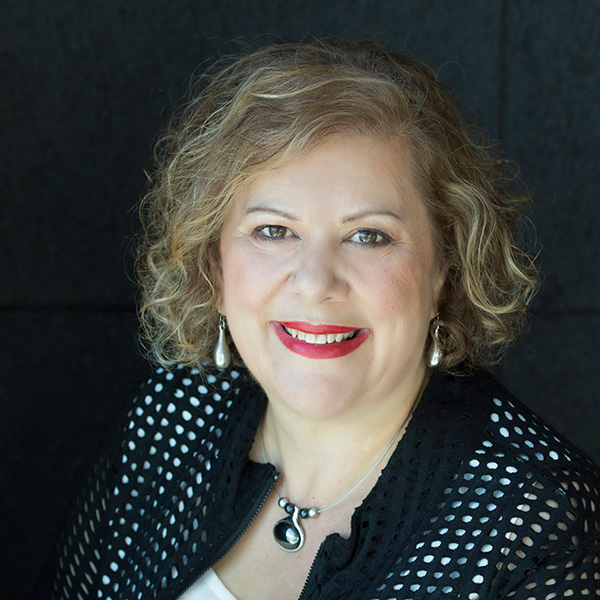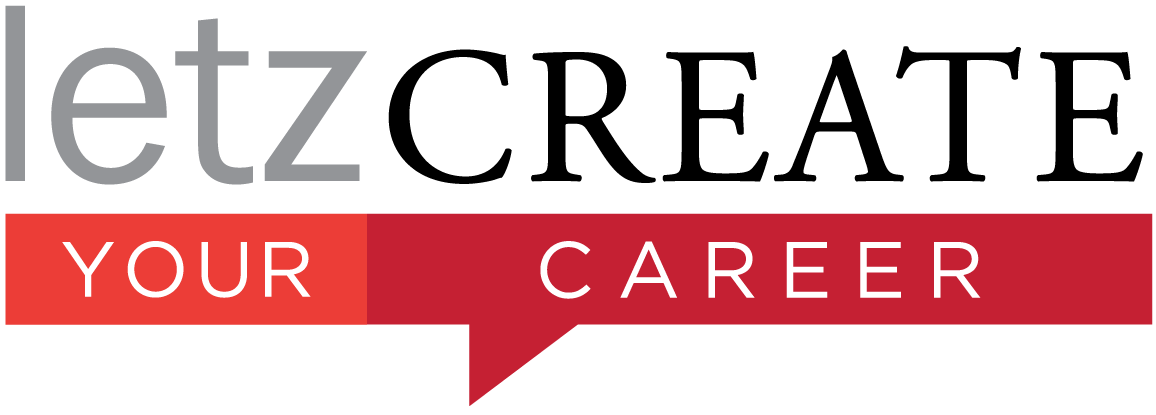At a recent webinar I ran with Karen Hollenbach from Think Bespoke, we explored online and offline strategies for tapping into the hidden job market and networking for jobs.
We ran this webinar because we know, from our client’s experience, that the most powerful way for you to make your next career move successfully is to use a combination of face to face (offline) and LinkedIn (online) networking strategies.
I always chuckle when I hear Karen say “you can not live on a digital diet alone”. What she means by this it that you really do need to use the power of your relationships and your networks when you are thinking about making your next career move. And this can often mean taking the time and making the effort to have face to face conversations and then following them up on LinkedIn.
Networking as a 21st Century Phenomenon
What’s important to understand is that networking now is a phenomenon of the twenty-first century. Quite a few years back it was okay to simply have your resume, speak to a recruiter and they would navigate the market for you. This is an area that people find extremely difficult and it’s something that they can be quite anxious about, they are not comfortable and networking face to face is feels very hard. Clients often say to me ‘Is this really something I need to do?’ The answer is yes!
A lot of people say to me that networking is for people who have a product, looking for opportunities where you can sell that product, but the difference when networking for jobs is that you’re building connections and relationships to get leads. While the person in front of you may not be the person who will help you, they might know the person who can and they can help you get to them.
Networking Will Help You Access the Hidden Job Market
Have you heard of the concept of the hidden job market? The hidden job market is a term used to describe jobs that aren’t posted online or advertised in any other way. What’s very scary at the moment are reports that up to 80% of jobs are secured this way. Some of my clients have heard this statistic and will ask me ‘are these jobs on SEEK even real jobs?’ The good news is, yes, the advertised jobs are real. I have worked with clients who’ve successfully applied for and secured jobs advertised on SEEK, However, what you see advertised online is really only 20% of the opportunities.
There is so much more behind the scenes to find. And what’s really important in regard to networking is that you can go through the front door, where we know only 20% of the opportunities are, or we can go through the side door and find people who are able to help us and inform us of what the opportunities are within their industry and organisation.
The 6 Key Success Factors for Networking for Job Search
I work with clients in the mid stage of their career who wish to achieve greater success in their job search. Here are 6 key success factors that will improve your results when networking for job search.
- Make a List
It is really important to know who you want to target in your face to face networking conversations for job search and to make a list of these prospects.
Consider who you know who might have access to the organisations, industries or jobs you’re looking for. Take some time to make a list of the colleagues, friends, family, parents at school and people that you’ve worked with in the past.
An example is parents who go to sporting activities and may be talking about their frustrations. One of my clients was having an open conversation with another client bout being unemployed. He’d been being looking for a job in IT, and by following the steps I recommend, was able to get an invite to be introduced to someone who had a role he was very interested in exploring.
- Ask the Right Questions to Open Doors
Most people have concerns about contacting people out of the blue, but I can assure you that people want to help. It’s about opening up and having the conversation and understanding who to speak with.
Once you are in the conversation it’s important to share your story about what’s going on. When you share your story you will lead the conversation to what you’re actually looking for.
The question that’s really important is ‘will you be able to help me?’ or ‘do you have someone you can connect me with that can help me?’
Although you may be feeling anxious and uncomfortable about what to talk about, because you’re here to meet someone who might be able to help you, try to inject a sense of curiosity in your manner. If you think about these conversations to learn and maybe find advice about what’s going on, this will take some of the pressure of you and help you be more natural in your conversations.
There will come a point in these conversations when you need to thank them for their advice and ask if there is anyone else they could perhaps connect you with. If there is, you then need to ask if they are able to please give you the name and maybe contact number. You should also ask if it’s okay to mention their name, because the relationship with the person who refers will play an important role in encouraging their contact to open the door.
Please ensure you check the best way to approach this. For example they may suggest that they will connect you. I know this feels uncomfortable, but you must ask these questions or those doors will remain closed.
- Your Pitch
You must have your pitch ready when you are having conversations with others about your plans. While humility is important, at some point you must be able to stand out, be uncomfortable and really highlight what your strengths are. You need to be able to package a little story about yourself and articulate where you’ve worked, your expertise, strengths, projects and achievements. And this must be relevant to the situation you are in at the time you are sharing this information.
Here’s an example of how I may approach this.
My name is Marina from Letz Create. I’m passionate about career coaching and I am really looking for opportunities to work in the career coaching space and I would really love to work with organsations. I noticed that you have quite a lot of information in this space, or what’s your opinion about the career coaching space?
This approach will ensure you end up creating a conversation and they have heard something relevant about you. Clients who work with me on developing their pitch, enjoy working through their resumes with me to draw out their story. This helps them more confidently deliver relevant information about themselves in networking conversations and their job interviews. They have to learn what their strengths and achievements are. We will then massage that into a really good pitch for them then to use when they’re networking.
- Attend the Right Networking Events for Your Goals
This involves understanding where your potential employer plays.
As an example, I’m currently working with quite a few engineers. They need to be active in the Engineers Australia association, which includes colleagues, project leaders and employers. When you talk to people in this association you’ll learn when the next big project is coming up. And by attending seminars, you’ll be able to talk to the people who are the decision makers for these roles.
You must therefore know your industry associations. If you’re an Accountant, it’s the CPA association. If you’re an engineer it’s the Engineers Association. If you’re part of human resources or learning development or industry development you need to be a part of AHRI (Australian Human Resources Institute). It’s about learning, education and making connections. These people are the ones who will know what’s going on and where the opportunities are that you can access. They will have the right connections.
- Research and Cold Call
This is something I’ve done a lot myself to help open doors. Quite a few years ago I was informed there was a new program called Skilled for Growth coming to Melbourne. Having a strong training background, I was very excited about this role. When my manager brought this to my attention, I felt it was a great opportunity. However, this opportunity was not going to be advertised on SEEK.
- I researched the organisations
- I found the people who ran the program
- I called them
- I introduced myself and had the right pitch
- I explained who I was and why I was passionate
The result? I called 28 of the 30 organisations and on the 28th call I achieved success! We agreed to meet as they felt I’d really suit what they were looking for as a smaller organisation. This meant I was able to go in and meet that group, and I successfully spent the next four years working with them!
While my hope is that you won’t need to make 28 calls like I did, you will need to be tenacious when it comes to researching and cold calling. In larger organisations and IT organisations, people find out that there are new projects such as the NBN, the metro and the tunnels. Once you find this out, you need to find out who the recruiter is and who you can speak to in order to find out more so you know who you can call to then pitch your services to them.
- Overcoming Anxiety
It is very common to feel anxious about contacting people or entering conversations where you need to talk about yourself. The way to overcome this is to be very prepared and structured. It’s about what you would like to deliver and highlight to create a curiosity about yourself. I encourage you to be courageous and to also have a bit of fun! Ask the right questions and talk to people so it becomes a conversation, which becomes a lead, which becomes a job, which becomes your employment.
The 6 Key Success Factors for Networking for Job Search is really a step by step approach. At any point where you have an opportunity, it’s important to ask for what you want. Ask if you can take them out for coffee and have a conversation with them. Ask to connect on LinkedIn.
And what I believe about networking is that it’s not always about what you get, but about what you give. It’s about the spirit of reciprocity. It’s very much about in the opportunities when you’re going out and having conversations. When you give something to someone and help them, they will always remember you and want to give something back.

I am a passionate Career Coach who works with individuals in the explore and search phase of their career journey, helping you realise your strengths through my career coaching and training programs. I enjoy showing people the path to greater career satisfaction and providing insight and tools to help you make your next career move.



